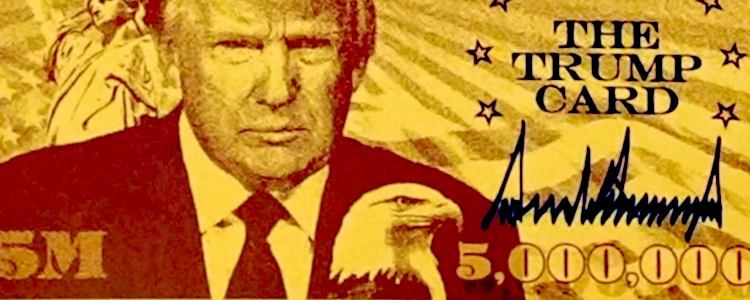The proposed “Big Beautiful Bill” (BBB) introduces a sweeping range of new taxes, fees, and revenue-generating measures that demand close scrutiny. This article examines key provisions, aligning with a vision that prioritizes American interests and fiscal responsibility.
Measures to Potentially Bolster American Interests:
Several proposed measures in the BBB could be seen as aligning with an “America First” approach:
- Excise Tax on Remittance Transfers (Sec. 112104): This provision introduces a new tax on money sent abroad. Such a measure could be viewed as a way to retain capital within the country and generate revenue from outflows.
- New Immigration-Related Fees (Title VII, Part 1): The bill imposes new fees for various immigration processes, including asylum applications, employment authorizations for certain non-citizens, and for sponsors of unaccompanied children who fail to meet court appearance requirements. These fees ensure that the immigration system is not an undue burden on the taxpayer and that those who use the system contribute to its costs.
- Fee on Natural Gas Exports and Imports to Non-FTA Countries (Sec. 41002): This establishes a fee on natural gas trade with countries not part of a Free Trade Agreement (FTA) with the U.S. This is a strategic move to favor trade with FTA partners and generate revenue from other international gas transactions.
- Modification of Vessel Tonnage Duties (Sec. 100002): Changes to vessel tonnage duties (taxes on ships entering U.S. ports based on their cargo capacity) updates these fees to better reflect modern shipping practices and ensure fair contribution from international maritime commerce.
- Termination or Restriction of Clean Energy Tax Credits (Title XI, Subtitle C, Part 1): The bill calls for ending or limiting various clean energy tax credits, such as those for electric vehicles, alternative fuel refueling property, and energy-efficient home improvements. This aligns with the perspective that such credits may represent market distortions or handouts and that their removal levels the playing field.
- Increased Excise Tax on Private Foundation Investment Income (Sec. 112022): An increase in the excise tax on the net investment income of certain private foundations, based on asset size, is proposed. This is a way to ensure that large, tax-exempt foundations contribute more to public revenue, particularly if there are concerns about how these funds are being utilized or if they are perceived as benefiting from arrangements that do not primarily serve domestic charitable purposes.



